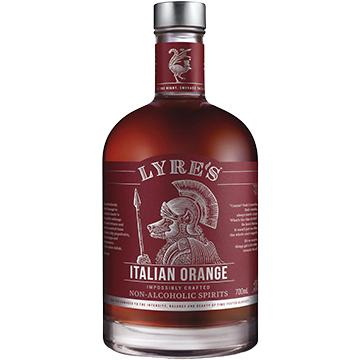As Australian spirits continue to carve out a distinctive identity on the global stage, industry stakeholders are keen to explore strategies that will secure their success both domestically and internationally. With a surge in consumer interest in craft and premium beverages, Australian distillers face the dual challenge of strengthening their foothold at home while navigating competitive markets abroad. This article examines the key factors that could propel Australian spirits to greater heights, highlighting trends, market dynamics, and expert insights from The Spirits Business.
Australian Spirits Industry Embraces Innovation to Capture Domestic Market Growth
Australian distillers are rewriting the playbook by leveraging cutting-edge technologies and sustainable practices to invigorate their presence in the fast-evolving domestic market. Crafting unique flavor profiles that resonate with local palates, producers are tapping into native botanicals and indigenous ingredients, resulting in spirits that are both authentically Australian and globally ambitious. This drive towards innovation is also evident in packaging, where eco-friendly materials and striking design help brands stand out on crowded shelves.
Industry insiders highlight several key areas fueling this momentum:
- Advanced distillation techniques: Integrating precision controls to enhance flavor clarity and consistency.
- Collaborative innovation hubs: Distillers sharing resources and expertise to accelerate R&D.
- Data-driven marketing: Employing analytics to better understand consumer behavior and tailor product launches.
- Sustainability initiatives: Reducing carbon footprints through renewable energy and waste reduction.
| Innovation Focus | Market Impact |
|---|---|
| Indigenous Botanicals | Drives unique, locally appealing flavor profiles |
| Eco Packaging | Enhances brand loyalty among conscious consumers |
| Smart Distillation | Improves product consistency and quality |
| Collaborative Hubs | Speeds innovation and market entry |
Export Strategies Focus on Tailoring Flavors to Global Consumer Preferences
Australian distillers are increasingly adopting a nuanced approach to global markets by customizing flavour profiles to meet diverse palates. Rather than exporting a one-size-fits-all product, brands are investing in thorough market research that identifies local taste preferences-from the preference for subtle spice notes in Asian markets to the demand for richer, smoky undertones in European countries. This targeted development allows Australian spirits to resonate more deeply with consumers abroad, enhancing brand loyalty and driving export growth.
Key strategies include:
- Collaborating with local mixologists to incorporate region-specific ingredients and cocktail traditions.
- Adjusting ageing processes to produce spirits with profiles that align with local drinking habits and cultural expectations.
- Launching limited editions inspired by the native flavours or historical touchpoints of target markets.
| Market | Preferred Flavour Notes | Australian Spirits Adaptation |
|---|---|---|
| Japan | Delicate, floral, umami | Lightly peated with native botanicals |
| Scotland | Heavily smoky, rich | Extended barrel ageing with sherry casks |
| USA | Sweet, vanilla, bold oak | Charred American oak barrels with caramel notes |
Collaborations and Sustainability Efforts Drive Brand Appeal on the International Stage
Australian spirits brands have increasingly recognized that strategic partnerships and a commitment to sustainability are vital in building global resonance. Collaborations between distilleries and local artists, chefs, or environmental organizations not only foster unique product innovation but also tell authentic stories that resonate with international consumers. These alliances create a sense of community and shared values, setting Australian spirits apart in a crowded global marketplace. For example, limited-edition releases crafted with indigenous botanicals in partnership with First Nations groups have created powerful narratives that amplify cultural heritage and promote environmental stewardship.
On the sustainability front, Australian producers are adopting eco-friendly practices across production, packaging, and supply chains to meet rising consumer demand for responsible brands. Initiatives such as:
- Water recycling technologies to reduce environmental impact
- Use of biodegradable packaging materials
- Carbon-neutral certifications harnessing renewable energy
illustrate a clear dedication to protecting the natural resources that define the country’s unique terroir. The following table highlights key sustainability efforts adopted by leading Australian spirit houses:
| Brand | Initiative | Impact |
|---|---|---|
| Outback Distillers | Solar-powered distillation | 30% reduction in carbon emissions |
| Coastal Spirits Co. | 100% recycled glass bottles | 50% decrease in packaging waste |
| Heritage Gin | Indigenous rainforest botanicals | Support for conservation efforts |
Closing Remarks
As Australian spirits continue to carve out a distinct identity on the global stage, the road to success lies in embracing innovation, authentic storytelling, and rigorous quality standards. By leveraging their unique terroir and strong local demand, these brands have the potential to captivate both domestic consumers and international markets alike. For Australian distillers, winning at home and abroad will require not only competitive spirit but also strategic partnerships and a deep understanding of evolving consumer preferences. The journey is underway – and the spirits industry down under is poised to make its mark worldwide.




